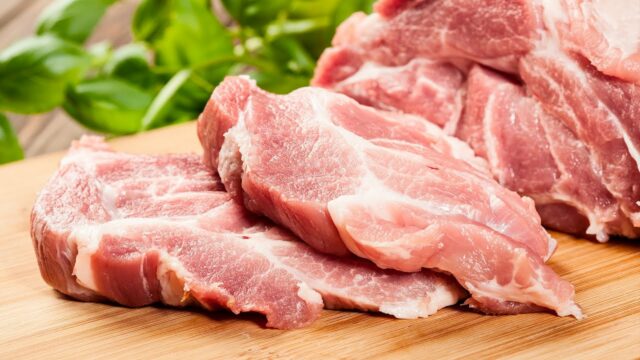China’s Investigation into EU Pork Imports: What You Need to Know
China has taken a significant step by launching an extensive investigation into the import of pork and its by-products from several European Union countries. This investigation is crucial, as it aims to address concerns about potential dumping practices—essentially, selling products at unfairly low prices that can harm local industries. The investigation especially focuses on major pork-exporting countries like Spain, the Netherlands, and Denmark.
The Stakes for the Pork Industry
Here’s why this matters: in the previous year, China imported a staggering $6 billion worth of pork, with over half coming from Europe. To put this into perspective, that’s enough pork to satisfy the cravings of millions of consumers while also representing a significant income for EU farmers and producers.
China’s Ministry of Commerce has indicated that if the investigation reveals harmful dumping practices, they may implement temporary anti-dumping measures. This means increased tariffs or restrictions on pork imports, which could have serious implications for suppliers in Europe.
Understanding the Context
This isn’t the first time a trade conflict has arisen between China and the EU. A prior disagreement was ignited when the EU imposed anti-subsidy duties on Chinese electric cars, provoking China to retaliate with its own anti-dumping measures. The escalation of these trade tensions not only risks economic consequences for both regions but also threatens to disrupt the global supply chain.
What This Means for Consumers and Producers
1. **For Consumers**:
— Rising prices: If anti-dumping measures are enforced, consumers in China may face higher pork prices, leading to a direct impact on their budgets.
— Limited options: Restrictive measures may limit the availability of certain pork products, forcing consumers to turn to domestic alternatives.
2. **For Producers**:
— Economic strain: EU pork producers could face significant losses if their main export market imposes tariffs. This might lead to layoffs or reduced production.
— Need for adaptability: Farmers must be vigilant and ready to adapt their strategies in the face of changing trade dynamics.
Expert Insights and Strategies
From an expert standpoint, it’s crucial for both consumers and producers to stay informed about trade policies. Data collected from various sources show that international trade can profoundly affect local markets. For instance, the World Trade Organization reported that trade disputes like these can lead to a decrease in overall market confidence.
If you are a farmer or producer in the EU, here are some unique strategies you might consider:
— **Diversification of Markets**: Look beyond traditional markets. Nations in Southeast Asia might provide alternative avenues for pork exports, reducing reliance on China.
— **Quality over Quantity**: Emphasizing high-quality, organic products could help differentiate your offerings in both domestic and international markets.
— **Lobbying for Support**: Engage with trade associations and policymakers to advocate for fair trade practices and support measures that can buffer against potential losses.
Final Thoughts
As this investigation unfolds, the impacts could resonate across the globe—from the farmers in Spain to consumers in China. It’s clear that trade policies are not just numbers and regulations; they affect lives and livelihoods. Whether you’re a consumer, producer, or simply a concerned party, staying informed and adaptive is key in these changing times.






